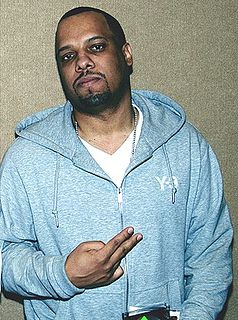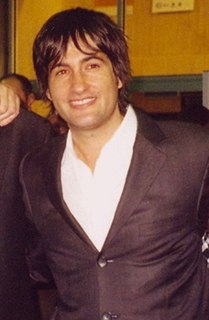A Quote by Steve Jobs
If you keep your eye on the profit, you’re going to skimp on the product. But if you focus on making really great products, then the profits will follow.
Related Quotes
The essence of a successful business is really quite simple. It is your ability to offer a product or service that people will pay for at a price sufficiently above your costs, ideally three or four or five times your cost, thereby giving you a profit that enables you to buy and to offer more products and services.
The [liberals] consider profits as objectionable. The very existence of profits is in their eyes a proof that wage rates could be raised without harm to anybody. They speak of profit without dealing with loss. Profit and loss are the instruments by means of which the consumers keep a tight rein on all business activities. A profitable enterprise tends to expand; an unprofitable one tends to shrink. The elimination of profit renders production rigid and abolishes the consumer's control.
To the economically illiterate, if some company makes a million dollars in profit, this means that their products cost a million dollars more than they would have without profits. It never occurs to such people that these products might cost several million dollars more without the incentives to be efficient created by the prospect of profits.
Part of America's industrial problems is the aim of its corporate managers. Most American executives think they are in the business to make money, rather than products or service. The Japanese corporate credo, on the other hand, is that a company should become the world's most efficient provider of whatever product and service it offers. Once it becomes the world leader and continues to offer good products, profits follow.
When the functionality of a product or service overshoots what customers can use, it changes the way companies have to compete. When the product isn't yet good enough, the way you compete is by making better products. In order to make better products, the architecture of the product has to be interdependent and proprietary in character.
We grow by letting the customer tell us. So when the customer tells us that they're frustrated, that they just got their catalogue and we're already out of a product they wanted, then it tells me that we're not making enough. We let the customer tell us instead of creating an artificial demand for our products. Any time you're making products that people don't need, you're at the mercy of the economy, you're at the mercy of whatever is going on. So we tried to avoid that situation.

































